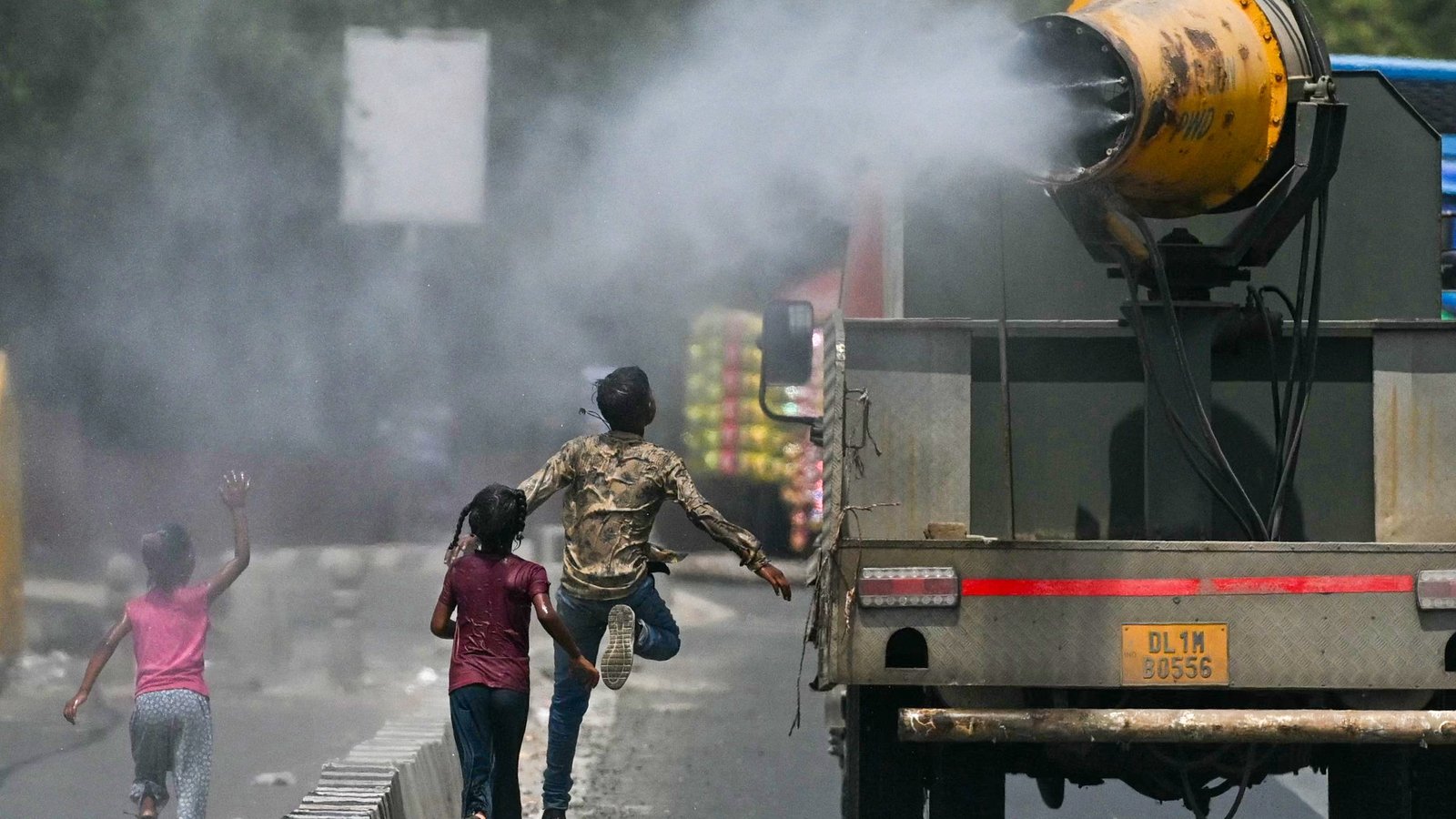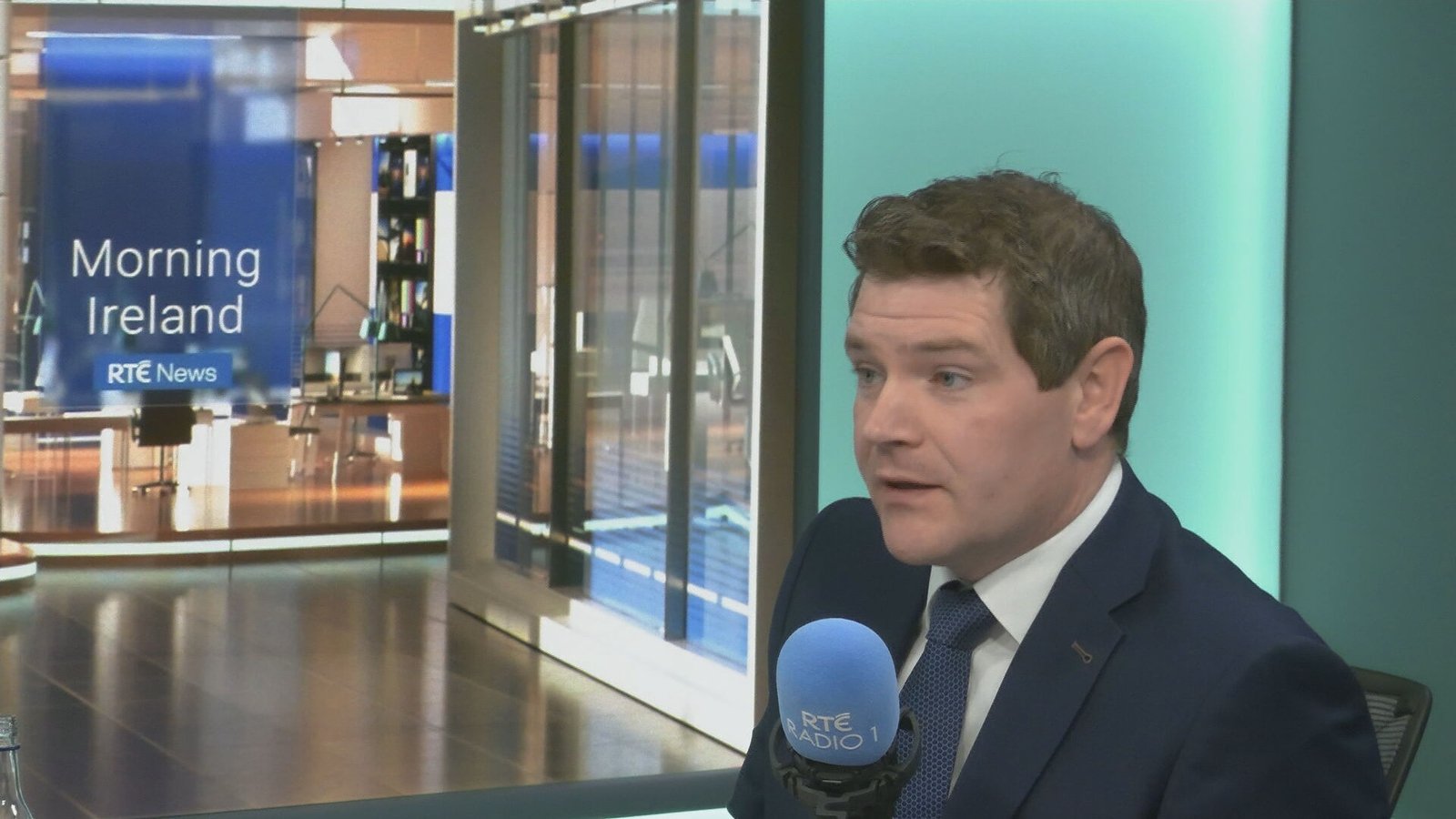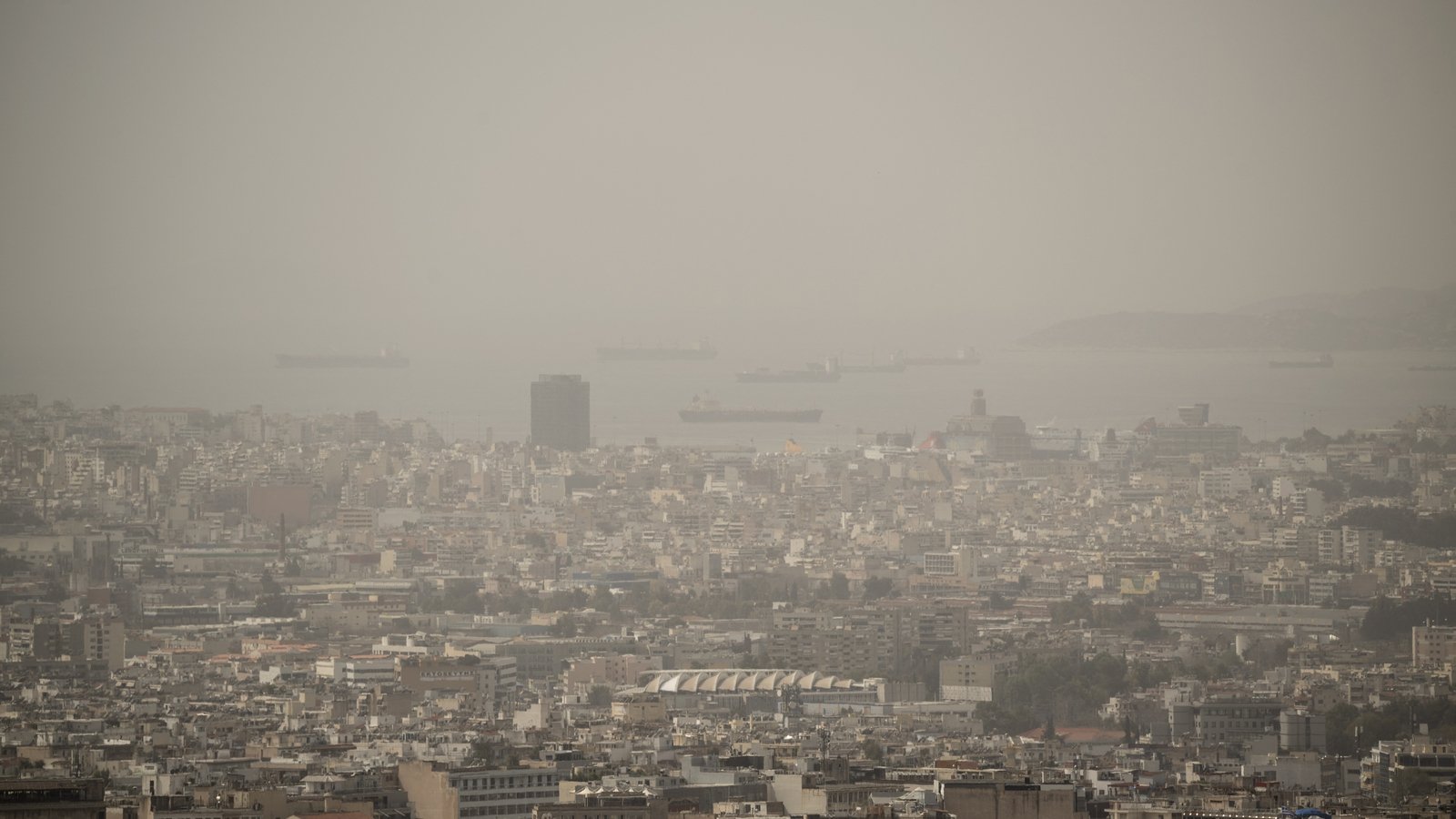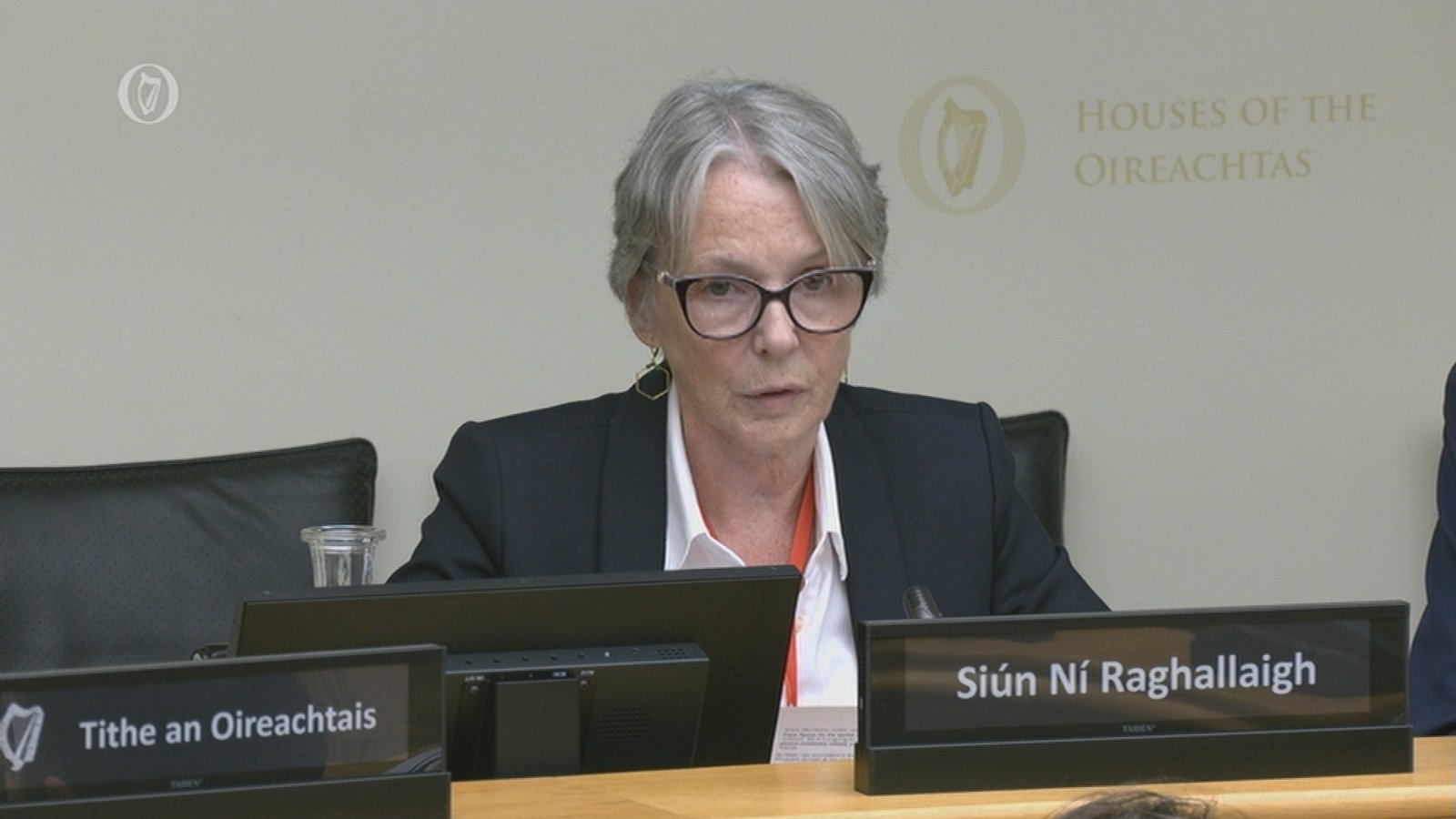Talks on global plastic treaty under way in Canada
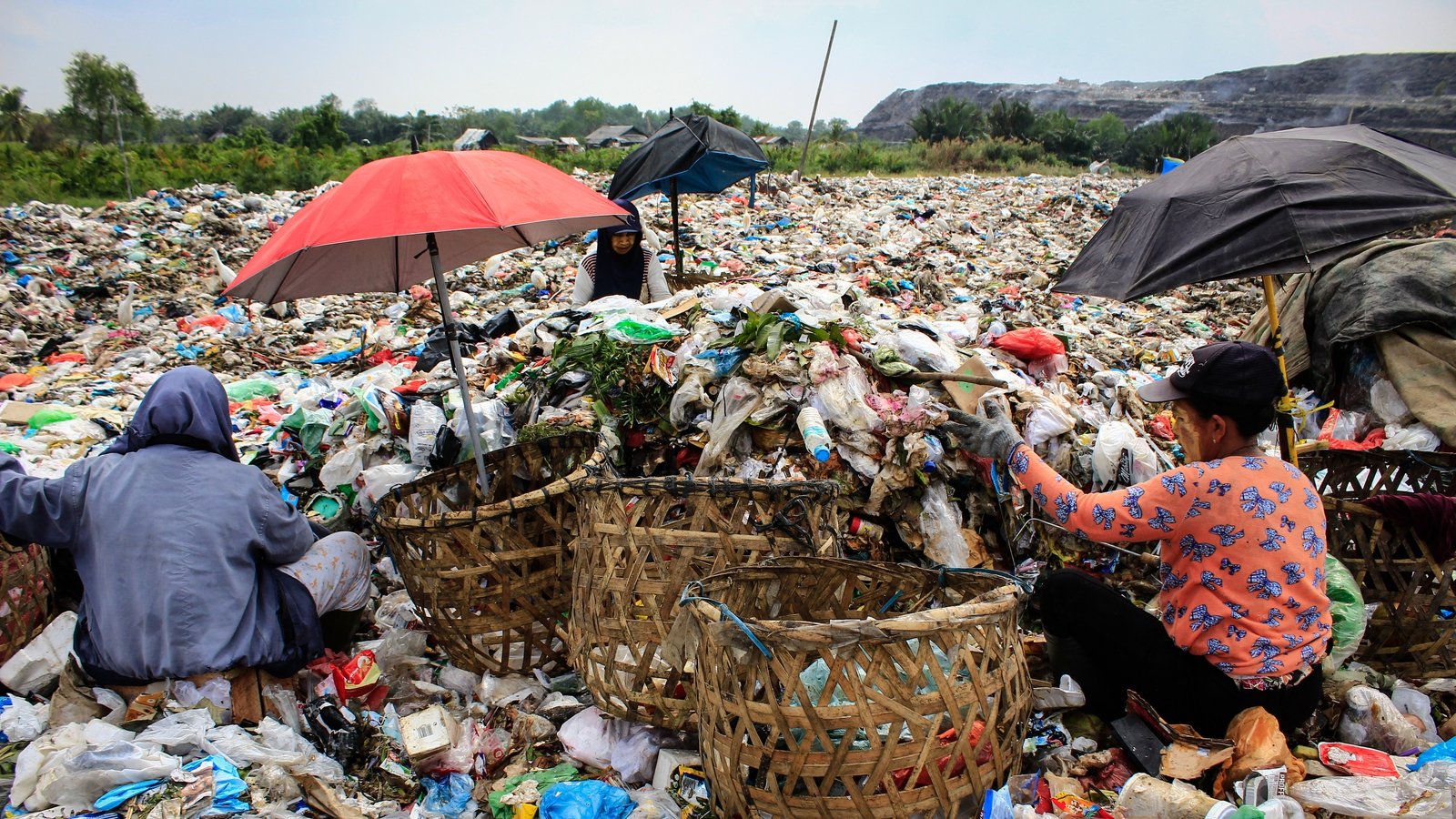
Negotiators from 175 countries have begun talks in Canada on a proposed global treaty to reduce plastic pollution.
Such pollution is currently found everywhere from mountain tops to ocean depths, and in human blood and breast milk.
“The world is counting on us to deliver a new treaty that will catalyze and guide the actions and international cooperation needed to deliver a future free of plastic pollution,” said Luis Valdivieso, chair of the negotiations at the UN-led talks in Ottawa.
“Let’s not fail,” Mr Valdivieso added as he opened the session that will run to 29 April.
Nations agreed in 2022 to finalise a world-first treaty by the end of 2024, with concrete measures to battle plastic pollution around the world.
The meeting in Ottawa is considered crucial as it is the penultimate session before a final round of negotiations in South Korea later this year.
Plastics have created a reliance on disposable consumer culture, Canadian environment minister Steven Guilbeault said, adding: “We’re here today because we recognise that we must throw away this throwaway generation.”
“We must acknowledge that we can’t choose between recycling, banning or innovation. We have to do all three,” Mr Guilbeault said.
In an interview with AFP ahead of the talks, Mr Guilbeault said the goal was to achieve “60-70% of the elements endorsed” by delegates.
‘Time is against us’ – UN
Although there is a broad consensus on the need for a treaty, environmental activists pleading for a 75% cut in plastic production by 2040 are at odds with oil-producing nations and the plastics industry.
The stakes are high, with widespread plastic pollution having potentially grave impacts on oceans and climate.
Annual plastics production has more than doubled in 20 years to 460 million tonnes, and is on track to triple within four decades.
Only 9% is recycled, and according to the OECD, its contribution to global warming could more than double by 2060 – having accounted for 3.4% of global emissions in 2019.
“Time is against us both in terms of finalising the instrument, but also how much more the planet can take as we deliberate,” said Inger Andersen, executive director of the UN Environment Program.
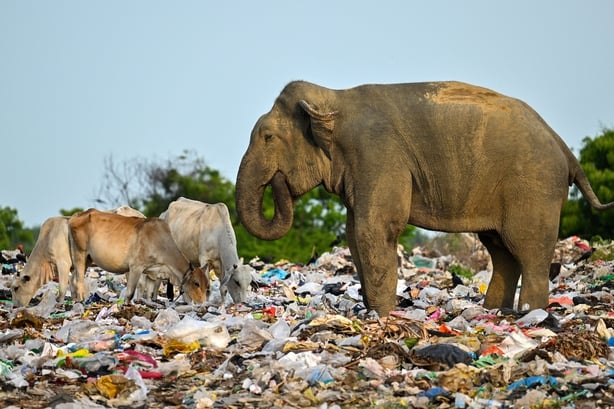
During talks in Kenya in November, the length of a draft agreement leapt from 30 to 70 pages, with oil-producing nations such as Saudi Arabia recording their objections to limiting plastic production, instead emphasising recycling.
For the plastic and chemical industries, recycling is the most effective way to end plastic pollution with the least environmental and economic costs, said Chris Jahn, of the International Council of Chemical Associations, a global trade association.
Stewart Harris, of the American Chemistry Council, told AFP that any agreement should focus on ending plastic waste.
“We don’t support reducing production as a solution to address the problem,” he said.
Meanwhile, the 65 members of the so-called “high ambition coalition,” chaired by Rwanda and Norway and including the majority of European Union countries, want to tackle plastic production.
Graham Forbes, of Greenpeace, said he hoped nations would “step up to the handful of those that are trying to undermine progress and really show the courage to protect people on the planet.”

